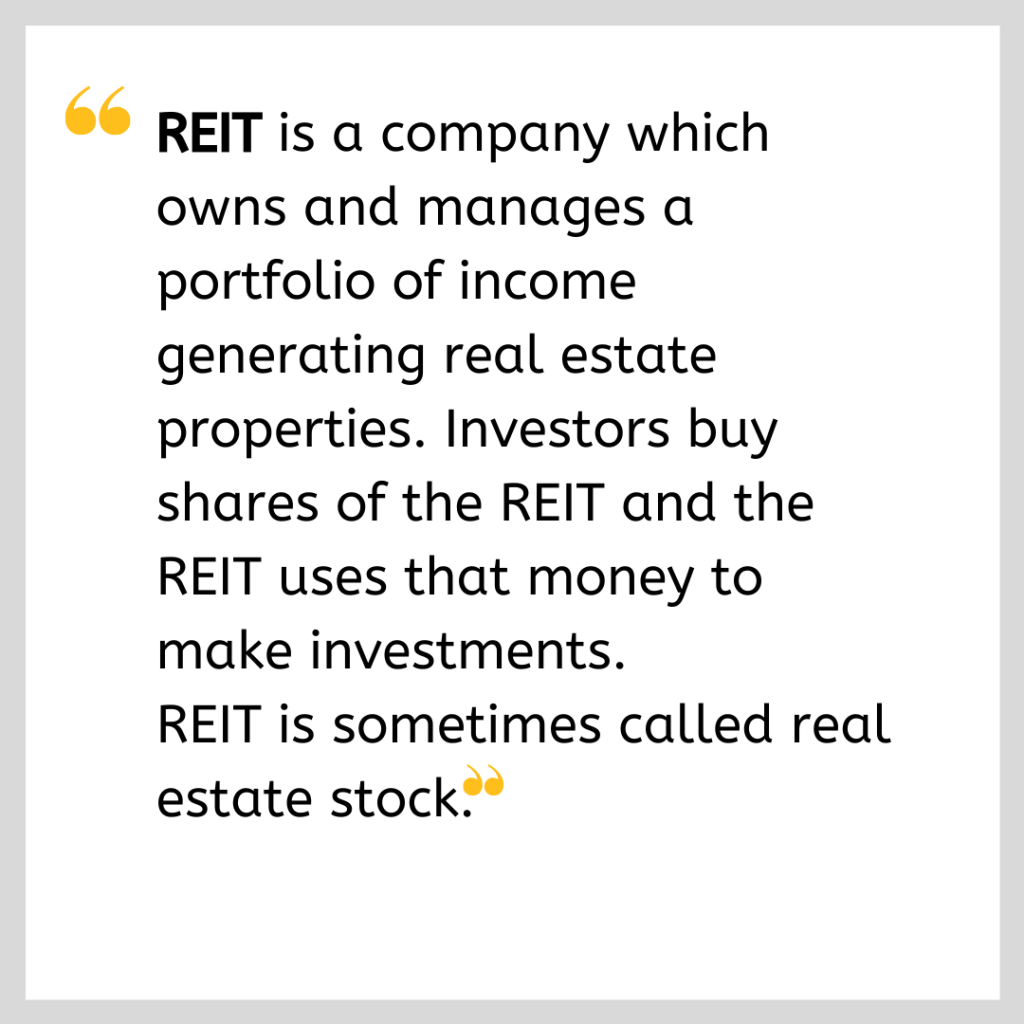
Published 6 March 2020, The Daily Tribune
In an effort to encourage the formation of Real Estate Investment Trusts (REIT), the Securities and Exchange Commission (SEC) and the Bureau of Internal Revenue (BIR), with the approval of the Department of Finance (DoF), issued amendments to the implementing rules and regulations (IRR) of Republic Act 9856, or the Real Estate Investment Trust Act of 2009 (REIT Law) on 29 January 2020. To recall, REIT is a company which owns and manages a portfolio of income generating real estate properties. Investors buy shares of the REIT and the REIT uses that money to make investments. REIT is sometimes called real estate stock.
The SEC issued Memorandum Circular 1, Series of 2020 (Revised IRR), which took effect on 7 February 2020. The Revised RR, which is expected to boost investor interest in REIT, has the following salient features.
- Lower Minimum Public Ownership Requirement
The Revised IRR decreased the minimum public ownership requirement of REIT to at least 1,000 public shareholders, each owning at least 50 shares of any class of shares and, in aggregate, of at least 1/3 or 33 percent of the outstanding capital stock. This is considerably lower than the previous requirement of an initial 40 percent public ownership of the outstanding capital stock which shall be increased to 67 percent within 3 years from its listing.
- Reinvestment in the Philippines
The SEC now requires reinvestment in the Philippines for any sponsor or promoter who contributes income-generating real estate to a REIT. Pursuant to this requirement, the relevant listing rules require the submission of a Reinvestment Plan with a firm undertaking to reinvest (a) any proceeds realized by the sponsor or promoter from the sale of REIT shares or other securities issued in exchange for income-generating real estate transferred to the REIT and (b) any money raised by the sponsor or promoter from the sale of any of its income-generating real estate to the REIT, in any of its income-generating real estate to the REIT, in any real estate, including any redevelopment thereof, and/or infrastructure projects in the Philippines. This reinvestment shall be made within one year from the date of receipt of proceeds or money by the sponsor or promoter.
This requirement is in line with the declaration in the REIT Law that REIT shall assist the State in achieving its policy of promoting the development of the capital market; democratizing wealth by broadening the participation of Filipinos in the ownership of real estate in the Philippines; and using the capital market as an instrument to help finance and develop infrastructure projects in the Philippines.
- Enhanced Investor Protection
The Revised IRR likewise provides more protection to investors by setting stricter guidelines on related party transactions. The Revised IRR now requires REIT to comply with SEC’s Rules on Material Related Party Transactions by disclosing their policies on material related party transactions and to report such dealings within three days from their execution, among others. In addition, the Revised IRR ordains the creation of a related party transactions committee. Majority of the committee members must be independent directors who shall vote unanimously in approving related party transactions. This will ensure that all dealing with related parties are transparent and at arm’s length.
- Fund and Property Management
The Revised IRR further revised some qualification requirements of REIT fund managers to ensure their independence, which include requiring that majority of the directors be independent directors, with at least one of whom must have a working knowledge of the real estate industry, fund management, corporate finance, or other relevant finance-related functions. Furthermore, the directors of the REIT and its sponsors and/or promoters cannot jointly occupy more than 49 percent of the board of directors of the REIT fund manager. The Revised IRR also lowered the minimum paid-up capital of fund managers to P50,000,000 from P100,000,000.
- VAT Exemption on Transfer of Properties to REIT
In addition to the revisions introduced by the Revised IRR, the BIR likewise issued Revenue Regulation 3-2020 which provides amendments to its existing regulations implementing REIT Law.
Key amendments include the exemption from value-added tax on transfer of properties to a REIT in exchange for its shares, and the additional requirement to submit a certification from the SEC that the REIT is compliant with its Reinvestment Plan as an attachment to its annual income tax return and audited financial statements.
With the foregoing revised guidelines, we hope that for the investors, REIT is indeed right.
For comments and questions, please send an email to cabdo@divinalaw.com.

